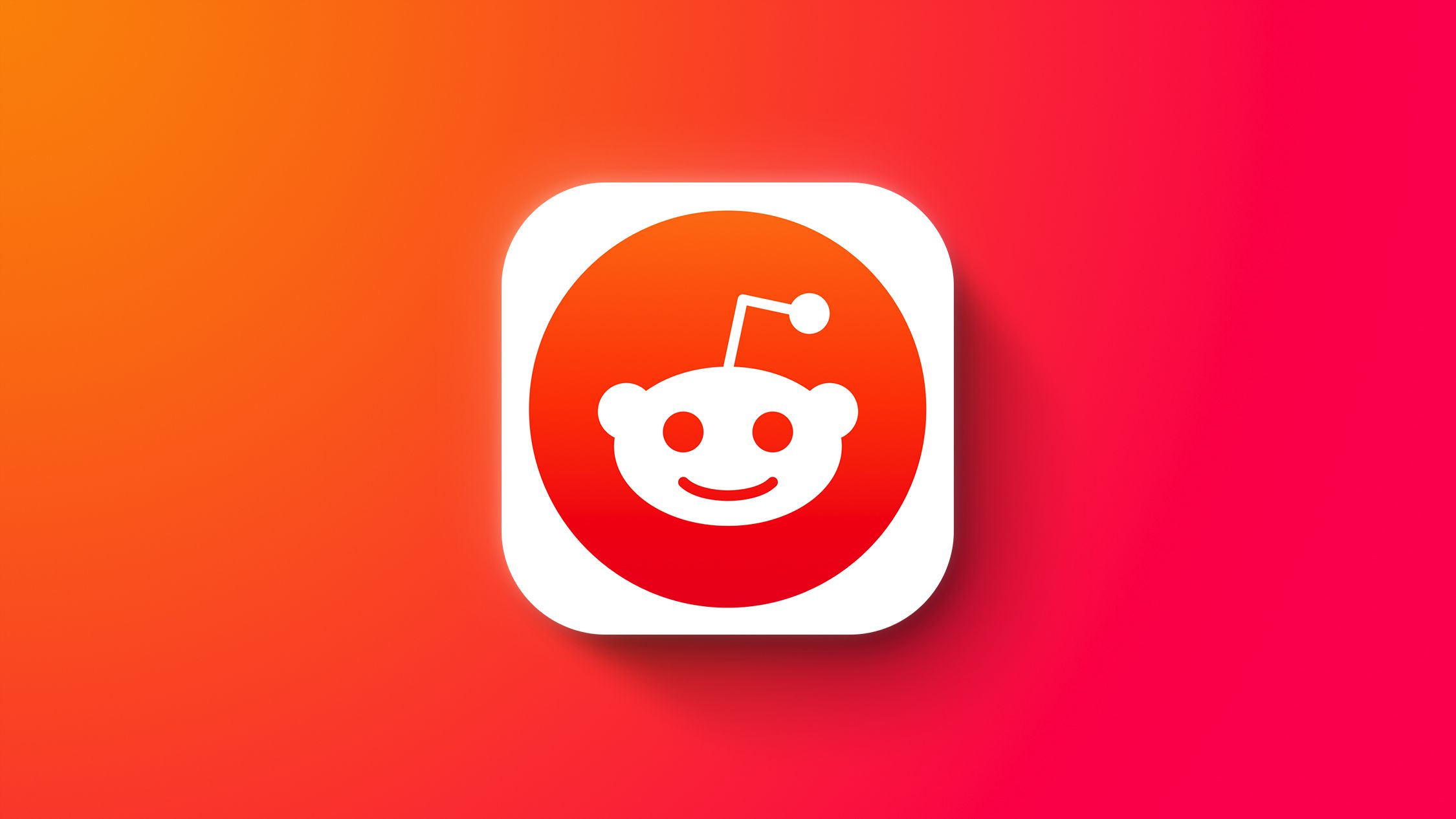TL;DR: Reddit is removing the option to opt out of ad personalization, targeting ads based on user activity. Some specific ad categories can still be limited, but there’s no more opt-out option.
For those who are paranoid about this - some of you have a Facebook account, and half of you have a Google-filled smartphone. Privacy is important, but IMO there should be a balance between convenience and privacy - unless you actually do stuff that requires the utmost privacy or you need to stay fully anonymous everywhere as much as possible.
Division of identity - that is, having unique profiles/identities for different types of things you do on the web, using alias emails and anonymous email for certain things etc. - is a more viable strategy than trying to be 100% anonymous on the web.
Commercial social media that is free does and will track your activity on the site, whether for personalized ads or for algorithm purposes. Lemmy and Mastodon don’t because they’re FOSS, and don’t run on ads (99.9% of the time).
Apple is not considerably better for privacy either by rhe way. They just pay more for marketing that says they’re more private than the rest of big tech.
Commercial social media that is free does and will track your activity on the site
I don’t think many people have an issue with this. It’s all the bullshit they pull to track you off the site that is the problem, and they do a lot of that.
Edit: and the selling of that information to third parties that you would never consent to. That’s also a huge issue.
I don’t think my adblocker cares what kind of ads they’re trying to show me. If anything their algorithms will just get confused for why this guy who used to be here hours every day now only comes to watch war videos once a day but no longer comments or upvotes anything.
How are people adblocking them on mobile?
Blokada. Firefox with uBlock Origin.
Which mobile? On Android you can use AdAway. A network level adblocker on your router can also take care of many ads for every device connected to it.
firefox + no-script on mobile is da way my dude
Firefox lets you adblock.
a pihole can get you 90% of the way and it works in all apps and any other smart devices you have., but it doesn’t work well if the site isn’t using a 3rd party ad service (think YouTube, facebook)
My assumption was that at this point the majority of people are using the official reddit app, but I guess that’s an option for now.
On Android anyway. No AdBlock (at least ublock) still on Firefox for IOS I believe due to platform restrictions. But would be cool if I’m wrong.
RedReader still works. If you’re gonna look at reddit, I recommend it. You can even turn off all the interaction buttons, so it’s like a “look, don’t touch” museum.
I uninstalled it though. Reddit is in too terrible a state to bother with any longer, except sometimes as a search result, imo.
Edit: I’m speaking of android though. Idk if redreader has an ios version or not.
Who cares? Haven’t touched Reddit since they turned maggot.
I still dabble over there, but I had long forgotten that they have ads because I use uBlock Origin.
deleted by creator
Or am I missing something?
I think the only distinguishing factor is to target, it must gather data. So that means your activity is being tracked, stored, and shared with third parties. Of course for some people this will matter more than to others, but for those privacy focused you now know for certain they are storing data on you, potentially making money off of selling it, with no way to opt out.
deleted by creator
I don’t understand how they can do this with iPhone when Apple requires all apps to prompt with the option to deny tracking?
Correct me if im wrong, but didn’t EU ban this kind of practice?
If true, reddit would be fucked on the European market
Get Mozilla Firefox and add uBlock Origin, Privacy Badger and Ghostery plugins.
For over the top action, but a Raspberry Pi with an ethernet port and install PiHole and change your router DNS to the IP address of the PiHole and bask in glory that 99.999% of the crap out there, will not come or go out of your household.
It boggles the mind that there are people who still don’t use adblocking measures these days.
Best of luck with that.
Is that even legal in the EU?
In select countries, the option to turn off ad personalization will remain, allowing Reddit to continue to comply with GDPR restrictions.
If it’s anything like Twitter, it resigns you up to them anyway. There’s no “turn off all” as far as I could see. The missus has to run some JS to untick all the boxes for her. Next week she’ll go back and it will have ticked more.
I would care if I used Reddit, but I don’t.
Have you heard anything about uBlock origin, Ghostery and similar programs?
I’m increasingly glad I got the fuck out of there.
deleted by creator
They will not be forcing me to accept personalized ads. How are they going to personalize them when I have no reddit account, block their cookies, use a VPN and change my IP address often, and don’t use their website.
Isn’t it sad that we have to do all this to prevent our information being spread around the corporate world like a virus
They should teach defensive web-browsing in schools.
I want to live in that reality
Well if you don’t use their website you aren’t a user.
I use Jshelter alongside Ublock. They’re a good combination.
I have the feeling the whole internet is turning into shit rapidly. Youtube is crap, Reddit is crap, everything you use needs a cloud account, my doorbell is sending me notifications about a new product, wtf is up with that. I paid for that thing and now you send me ads? Pisses me off. This corporate greed is getting too much.
Except it’s possible to work around it, with a minimal amount of knowledge, or by using alternatives.
Reddit? Lemmy.
Twitter? Mastodon.
YouTube? Peertube. For youtube just use piped.video
Ads? UBlock.My TV has ads. Not the cable part, like when I turn it on, the menu has ads. I paid $2k for it.
It’s really accelerated in the past few years. It’s nearly impossible to just read an article or use any product without giving it some kind of information. Lots of people (myself included many times unfortunately) just accept this. I mean, what can be done? If you want or need to use the thing you almost have no choice. If you want to avoid information leaks or being tracked you have to do so much research and work just to find an option, and then hope they don’t get purchased by a company that will reverse it all. I hate it.
Yes it’s hard to deal with. I try to do my best to boycot companies that do this. Youtube, Reddit, Google search and chrome are things I don’t use anymore and the list keeps growing. My next doorbell will be a different brand but choices are limited ofcourse.
On the other hand, there are more and more alternatives popping up lately, Mastodon, Lemmy, Peertube. This is a sign that people are getting tired of this shit. I hope this trend continues.
For a doorbell, get one that can work entirely locally, ideally that supports ONVIF for the video feed, and use it with Home Assistant.
I don’t have a fancy doorbell, but I use Blue Iris, Home Assistant and Node-RED for my security cameras. Works well, including notifications when a person is detected, and everything is local. When I want to watch the cameras remotely, I connect to a VPN into my home.
Thanks I will look into this, also using Home Assistant.
I think Reolink make decent doorbells (even though their cameras aren’t the best) but I’ve never tried them myself so can’t make a personal recommendation for them.
And the big companies are intentionally breaking their services on clients that give any measure of control back to the users. That should be a blatant anti-trust suit, but they don’t care. Just the cost of doing business if for some reason one of the politicians they own actually takes any action against them.
I mean, what can be done? If you want or need to use the thing you almost have no choice.
We have to act collectively.
- Don’t buy products or use services that require personal info. Of course, this means being willing to make do without some things, at least until they’re convinced/forced to change or alternatives appear. In cases where the thing is a necessity, push back (clearly, articulately, and firmly) before sharing your info. Let them know that they’re losing goodwill by being nosy, and that you’ll stop buying from them as soon as you can.
- Look for products/services that respect our privacy, and support them when possible.
- Pass legislation that forbids needlessly collecting such info. Some regions (e.g. European Union, California) have already taken small steps in this direction. We need to take it further, everywhere.
I think it might also be helpful to have some kind of (independently verified) privacy labeling program for products and services. It would ease some of the burden from consumers when shopping around, and could become an easy marketing tool for companies that want to attract customers.
Honestly, number 3 is the only thing that would have marginal impact. Consumers don’t have the time and energy to research every product to the depth required foe the first two.
And the vast majority of consumers don’t even understand what’s going on, and don’t care. Look at how many people happily download and use the TikTok app, despite evidence that it’s harvesting your biometric data and sending it to a government overseas. They don’t fucking care.
Consumers don’t have the time and energy to research every product to the depth required foe the first two.
You don’t need to go on a research project to see the personal info fields in a sign-up form.
For more complicated stuff, a labeling program would help.
You don’t need to go on a research project to see the personal info fields in a sign-up form.
That’s not the only way companies get data about you though. Some collect it through their app - the sites that try and force you to use the app instead of the site are usually the worst offenders. Others just buy data from data brokers like Acxiom, Experian, LiveRamp, etc. and correlate it with the details they have on you (phone number, email address, ad targeting ID, etc).
Where possible, use sites instead of apps, since it limits the types of data that can be collected (as sites are highly sandboxed compared to apps). Good sites let you install them as PWAs for a more app-like feel.
That’s not the only way companies get data about you though.
Nobody said it was.
I was mostly replying to the top level comment about choosing companies/products that respect your privacy. It’s pretty much impossible to tell if a company cares about or respects your privacy just from the sign up form.
On some products, these steps occur after you’ve purchased and opened the product and are setting it up.
1a. Exercise your right to return things that have invasive hidden requirements.
(And this is another area where a labeling program would help.)
There are upsides to it, like me spending considerably less time on the random internet surfing because my annoyance overshadows my dopamine kick.
Conversely, I’m so opposed to the enshitification that I’ve carefully tailored my internet usage to places that aren’t shit and have no prospect of becoming shit, like Lemmy. Since I don’t even have the motivation of not supporting an evil company, I’m more addicted that ever.
IMHO it’s cyclical.
- Computers started out client server because of limited computing capacity
- Then everybody got a PC and for a while, physical media were faster than downloads
- Then we got oodles of bandwidth, so servers seemed practical again
- Now servers are taking advantage of the trust we’ve placed in them
- Next, we’ll all enjoy a brief P2P revolution. Hooray!
- After that, homomorphic encryption will make servers seem appealing again
- Even farther into the future, the attacks against that encryption will no longer be tolerable
It will be decades more before humanity accepts the teachings of Richard Stallman.
Could you point me to some starting points or good reads by Richard Stallman? He got a solution to the cycle, then I’m down.
Free software, Free society is his collection of essays.
















